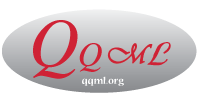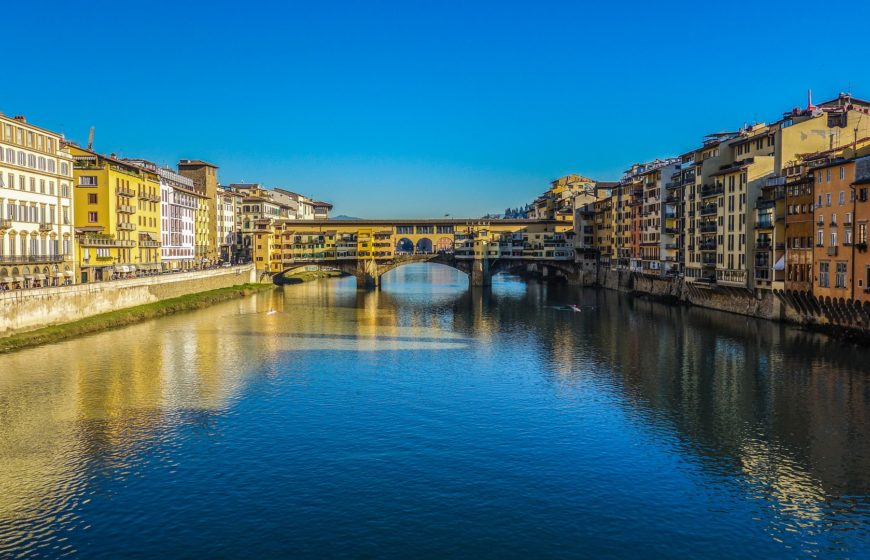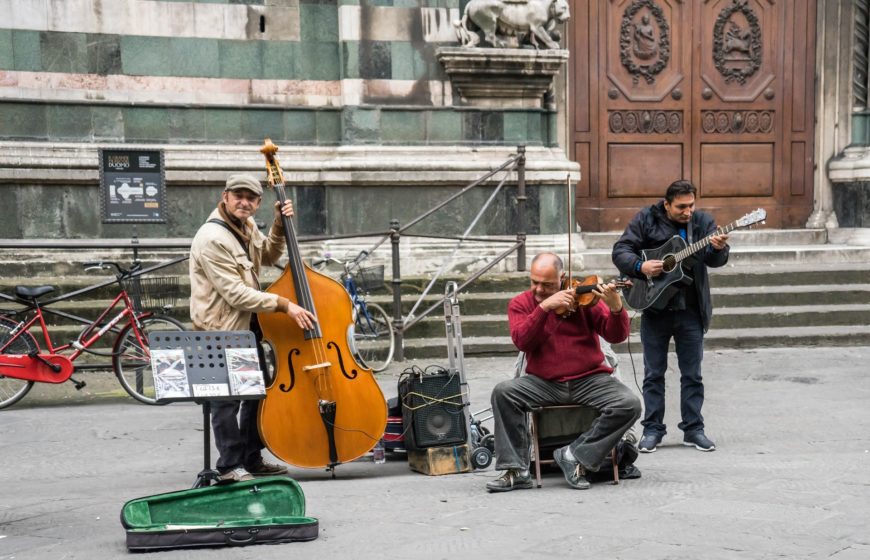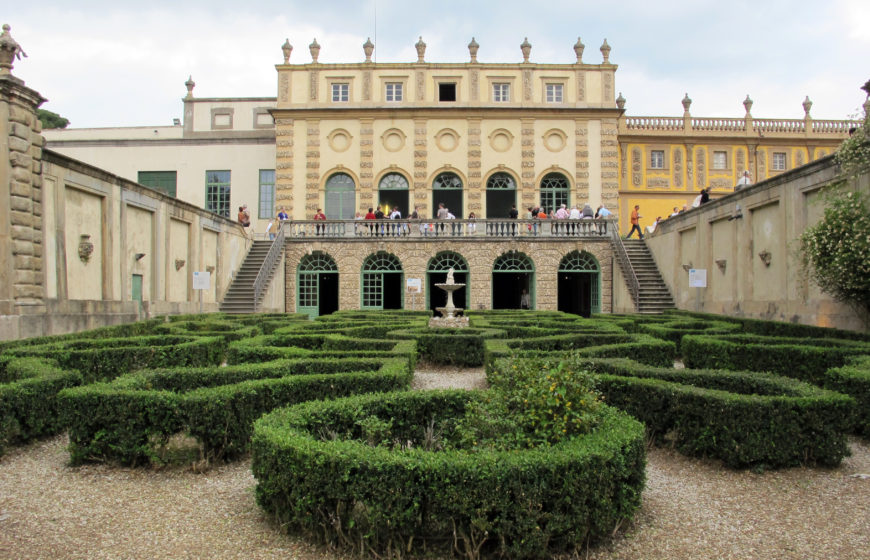The European University Institute (EUI) is a unique international centre for doctorate and post-doctorate studies and research, situated in the Tuscan hills overlooking Florence.
Since its founding in 1972 by the six original members of the then European Communities, the EUI has earned a reputation as a leading international academic institution in the Social Sciences. The four Departments host scholars from more than 60 countries. Furthermore, the Robert Schuman Centre for Advanced Studies (RSCAS), the Max Weber Programme for Post-doctoral Studies, the School of Transnational Governance offer fellowships, post-doctoral and executive programmes. A first-class research Library and the Historical Archives of the European Union, provide unparalleled sources of information to researchers and scholars.
The Badia Fiesolana is the EUI’s hub.
The 15th Badia church stands on a site with a very eventful history. First it hosted the ecclesia which was built to honour the martyrdom of Saint Romulus (1st century AD), then the Romanesque cathedral of Fiesole (11th century AD) and finally the Badia complex, built with funds provided by Cosimo de’ Medici in the second half of the 15th century.
Cosimo “the Elder” “thought how that place ought to be lived in by excellent and lettered men, and for this took thought to make a worthy library there,” according to Vespasiano da Bisticci. This is where Cosimo indeed created one of his libraries – the other one being at the San Marco convent in Florence – by following the canon of pope Nicholas V, who had funded the Vatican Library. Across the turn of the century, under Lorenzo de’ Medici’s rule, the Badia hosted Neoplatonic studies and, among others scholars, Poliziano and Pico della Mirandola.
In 1520 the Badia was temporarily used as a hospice for the incurables of Florence’s syphilis epidemic. Less than a decade later Charles V used the Badia for his troops’ headquarters during the siege of Florence. During the following centuries the Badia was at different times a summer residence for bishops, a printing and engraving shop and civilian housing.
The Italian government offered the building as the home of the EUI, which opened its doors in 1976.
Now the EUI comprises several other historical villas in the vicinities of the Badia: villa Salviati, villa Schifanoia, villa La Fonte and the convent of San Domenico.
Click here to view the main topics of QQML 2019 Conference
Click here to view the Book of Abstracts
Conference Location



